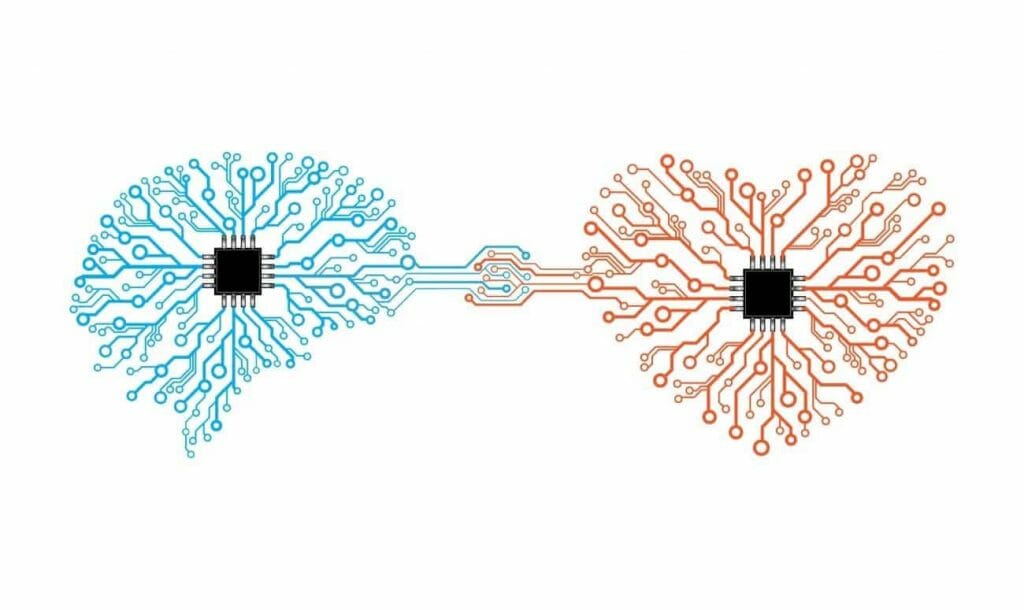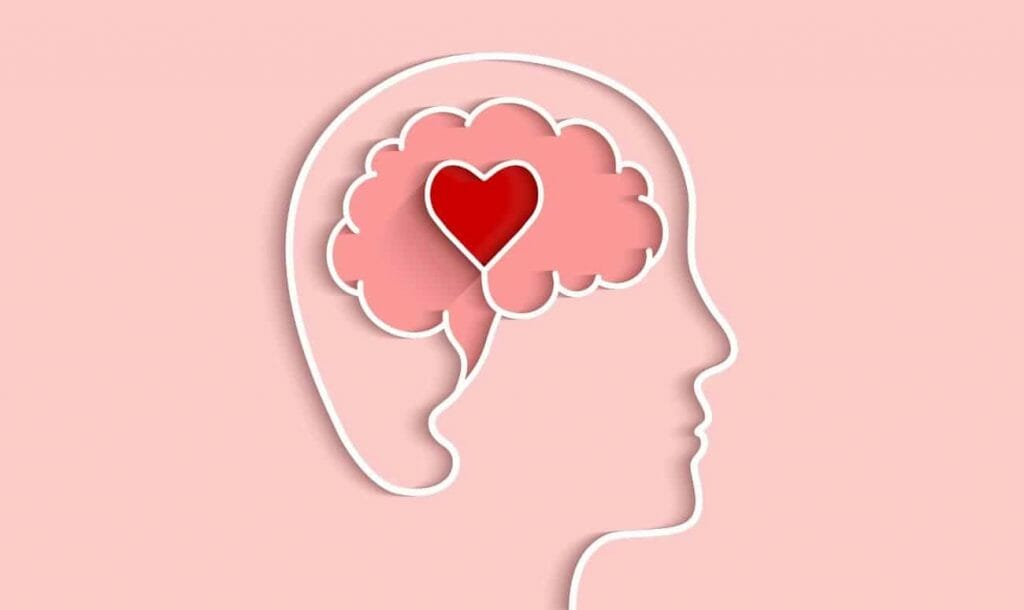For years we have read in literature and poetry, heard in songs, and seen in movies how love is all about chemical reactions. When you first notice someone attractive, the chemicals in your body start working overtime. You notice your heart rate rising, your palms sweating profusely and your stomach starts fluttering. But how can the physical feeling of ‘love’ be connected to our actual hearts?
Part of the whole attraction process is significantly linked to physiological arousal. Everyone knows how you feel as your heart flutters with a glimpse of their crush or how the pain of heartbreak can be felt in the chest. But while we actually notice these sensations in the heart, true love actually begins in your brain. Falling in love triggers our body’s flight or fight response. The rush of endorphins such as adrenaline epinephrine and norepinephrine in the bloodstream triggers our hearts to pump more, feeling like it will leap right out of our chest when we find someone we are attracted to. This, in turn, diverts blood to the essential organs like your heart and away from others such as your stomach.
Depending on the stage of your relationship, the levels of hormones being secreted in your body vary, not only causing passionate feelings but also manifesting as bodily sensations. It feels very exciting in the beginning. However, there is a fine line between excitement and anxiety.

For people who have an anxious heart or those who suffer from serious heart problems, falling in love could actually be dangerous. The reason being when the heart rate rises, our heart is forced to use more oxygen, which can be particularly risky for an older person with blood vessel blockages or someone who’s had a heart attack before. For others, not having an appetite, being preoccupied, feeling unsettled can cause anxiety even though these symptoms overlap with those of excitement.
This occurs because loving someone causes a sudden rise in dopamine, a hormone associated with exhilaration and anxiety, which leads to an increase in cortisol and norepinephrine, both main stress hormones, and a drop in serotonin, the mood stabilizer. These anxious reactions are nothing to be extremely worried about unless you indulge in anxious thought patterns that are self-destructive. But you can surely take a few measures to calm your racing heart if you feel like things are getting out of control.
1. Breathing Exercises
Practicing relaxation methods such as deep breathing and progressive muscle relaxation can help calm down an anxious heart. Deep breathing stimulates the vagus nerve, reducing the chemicals that trigger the flight or fight response. This can lead to a decrease in heart rate and blood pressure and also promote neurotransmitters that reduce your sense of anxiety.
Start by finding a quiet place and follow the steps below:
- Sit or lay down and close your eyes
- Inhale deeply through your nose and feel your chest expand
- Exhale slowly through the mouth and feel your stomach deflate
- Repeat it as many times as you need
2. Get Moving
Physical activity is said to help manage anxiety and stress. Simply walking or jogging outside can protect you from developing anxiety symptoms. Moreover, physical activity also lowers your resting heart rate, making your heart healthier. Not only that, but regular exercise also increases blood circulation throughout the body, bringing more oxygen and nutrients to your organs. Plus, exposure to nature while walking, jogging or cycling reduces feelings of anger, fear, and stress while increasing pleasant feelings.

3. Journal
Most of the time, we push our emotions away and bury them deep instead of acknowledging them in a healthy manner. But studies have proven that those who express themselves freely through writing or journaling experience fewer stress-related symptoms. In order to cope, we need to allow ourselves time to confront such feelings of unrest. Journaling 15-20 minutes, 3-5 times a week leads to feelings of greater psychological well-being and reduced blood pressure. Famous English poet William Wordsworth puts it eloquently, “Fill your paper with the breathings of your heart.” Maybe it’s time we finally listen.
4. One Affirmation a Day
Words hold power, more than we believe. And the words we say to ourselves are even more powerful than the words others say to us. Even if you’re not saying anything out loud, there are words present and they all have meaning. What we say to ourselves tells us what we believe, what’s truly there in our hearts. Manifesting the power of positive affirmations can combat any negative self-talk that you’re indulging in.
These calming affirmations below can help you find peace within and relax your anxious heart and mind.
1. Just for today, I am safe. Just for today, I am healthy. Just for today, do not worry. Just for today, be kind to yourself and others. Just for today, be grateful.
2. I love and accept myself. Around me there is an endless pool of peace, harmony and calmness.
3. My breath is slow and relaxed. I am at peace within myself and the world around me.
5. Use a Calming Scent
Essential oils with soothing fragrances can trigger smell receptors in your nose, sending messages to the nervous system. The limbic system associates smell with emotions and memories. Scent generally encourages us to be present in the current moment. For some it also works as a reminder to take deep breaths, telling your brain and body that you’re safe and OK. There are several essential oils that promote calmness and relaxation. Keeping a roller at hand can calm your anxious heart when in need.

Some of the fragrances to try include:
Ylang Ylang (lowers heart rate and breathing)
Lavender (promotes relaxation)
Jasmine (calms the nervous system)
Holy basil (reduces stress-related symptoms)
Chamomile (promotes restfulness and sleep)
Rose (lowers anxiety levels and pain)
To calm your anxious heart, you can also try practicing mindfulness meditation.
If love lasts, the nervous tendencies that plague us slowly fade away in a year or so. Our cortisol and serotonin levels return to normal and the love that started as a stressor becomes a respite in stressful times.
Read more: A Beginner’s Guide To Journaling And Pro Tips For Maintaining It
Like & Follow ThinkRight.me on Facebook, Instagram, Twitter, and Telegram to stay connected.






























